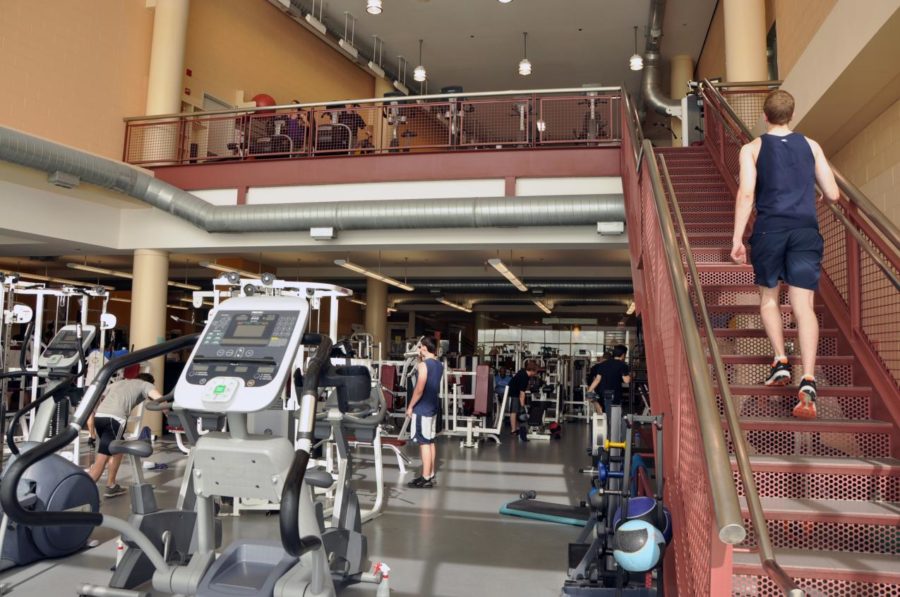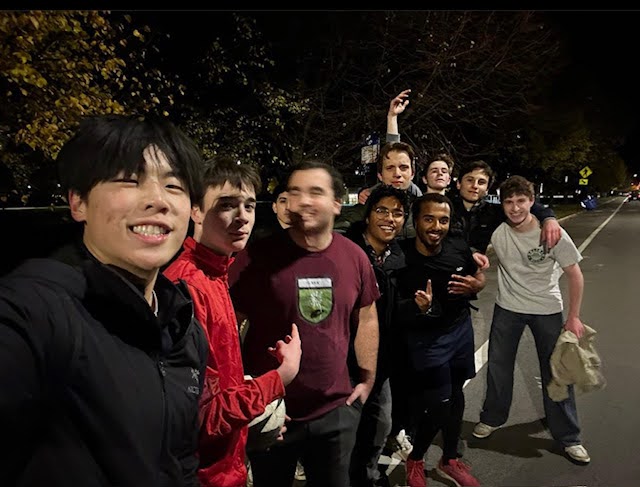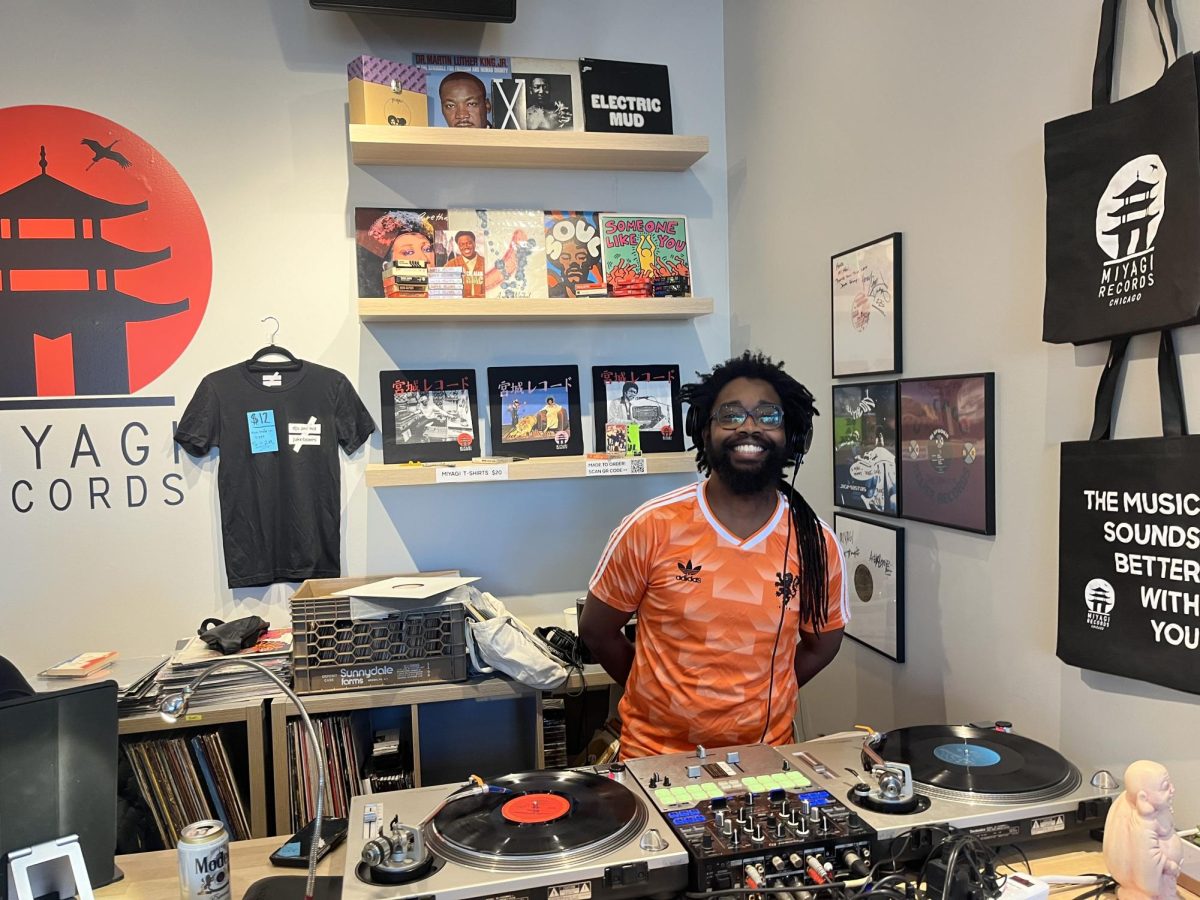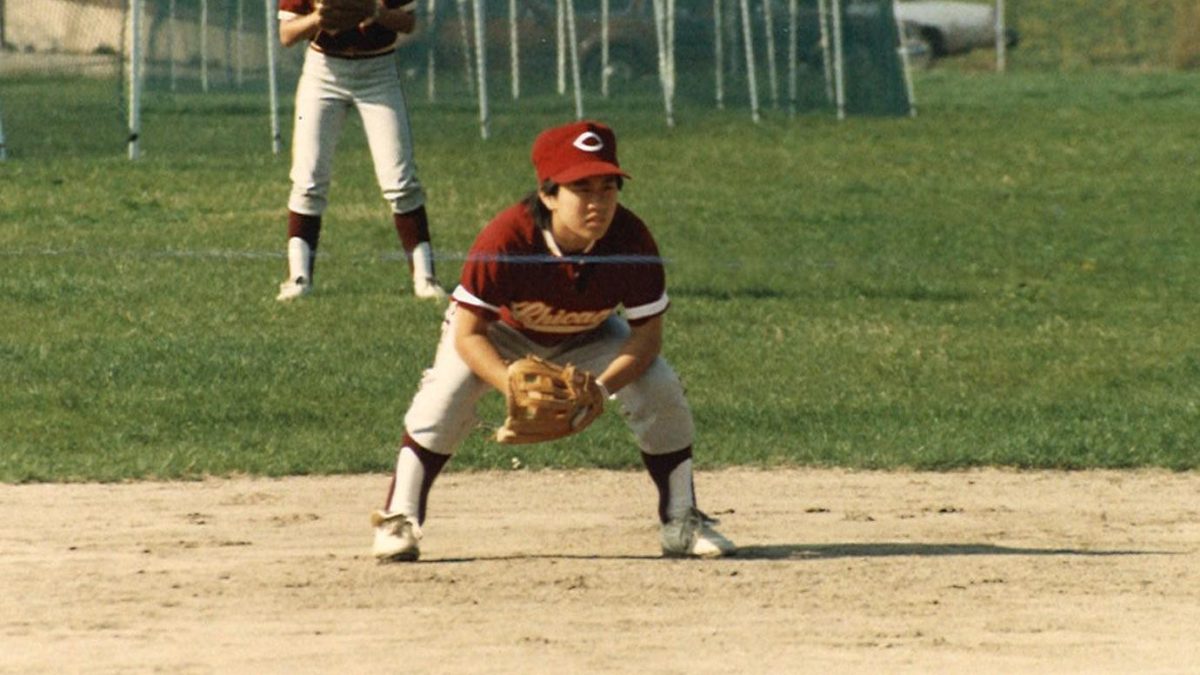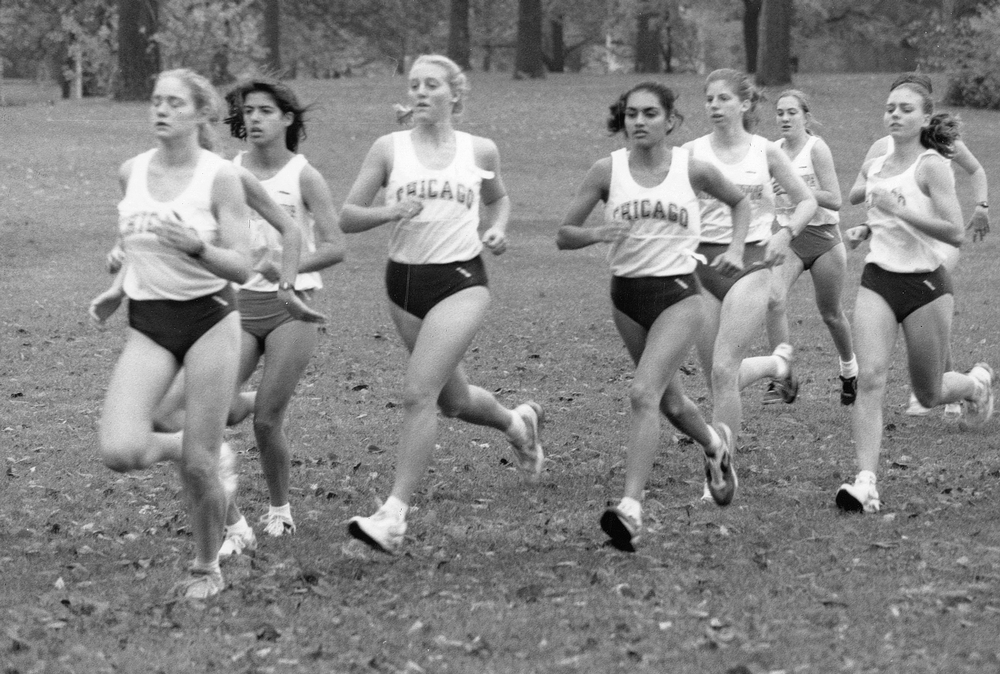I still remember the day I realized Aaron Roussell would be a top-class coach.
It was October 5, 2004—or Day 4.
He had just been named interim head coach after Jennifer Kroll took an opportunity closer to home. It was his first season with the team, and opening night was six weeks away.
We talked on the phone for 20 minutes that night. It was after 10 p.m., and I was on deadline in the Maroon office. He was too—working in Ratner, one of hundreds of late nights he’d spend there over the next eight years. He walked me through the roster’s strengths with a fresh set of eyes: Quickness and eventually toughness would make up for a lack of size.
He then left me with a statement that would tangibly define his program for years to come.
“My expectation is to win the first game; then we can go from there. I do have high expectations for everyone on this roster, as I am sure they do of themselves. We will work too hard to not have high expectations.”
Spanning two presidential terms, the Maroons went 161–50 under Roussell’s watch, accumulating as many wins as they had in the previous 12 seasons (with 114 fewer losses). Their three conference championships in five seasons were the first since 1989, and anyone who has played in or followed a UAA campaign knows how difficult it is to get a single one. The four NCAA tournament runs marked new heights.
Back in 2004–05, the upsets over No. 5 Wash U and No. 7 NYU were program-defining moments. Those results and the unanimous support of his players earned him the chance to “finish what we started,” as he said then. Now he departs, having built a model program that fully realized that early promise.
Everyone who was at Ratner this March shared in it. On display was a team that showed skill, swagger, sophistication, and outright want. The school community rallied in a way it hadn’t since fans packed Stagg Field to watch the women’s soccer team earn a Final Four berth in 2005. We all got caught up in Maroon Madness. I hope you don’t let that go.
It’s that feeling of inclusiveness that was a true hallmark of the women’s basketball program under Roussell. It produced spontaneous alumni reunions in the stands, long gatherings after games, and e-mails sent to our game broadcasts from people literally all over the world. It was the result of recruiting excellent people over the years and cultivating a family atmosphere.
I’ve been lucky to be a part of the journey across four distinct generations, the first two seasons as an editor and the last seven as a volunteer broadcaster. There wasn’t always a ton in common from year to year, but if you take a wide view, you can see how each was the product of what came before it.
My brief narrative goes something like this: The pre-2004 squads were talented, yet missing cohesion. His 2004–07 teams were youthful fast-breakers, raw but infectious. The defense-and-rebounding beasts of 2007–10 were miserable to face—and perhaps to watch—if not for the fact that it was our team. The last two seasons were led by a Fab Five that brought it all, with a different trio stepping up every night.
Roussell spent his summers developing the tactics around his personnel and demanded a lot out of their basketball intelligence. Each season, there’d be a turning point where the new scheme seemed so intuitive for the players, so systematic. A couple of times it didn’t quite click, but when it did, Chicago was unstoppable.
The teamwork was evident off the court too. “Nobody has more fun” has always been the team’s motto—and Roussell would admit that it was as competitive as it was genuine.
Which brings me to what I consider his secret: a combination of confidence and insecurity that drove him to outwork the competition. On the one hand, he knew that his team was—or would be—better than its opponents. On the other, he also knew that their opponents could beat them, and would, if they let up in any way. Looking back, he got the head job with some luck and then retroactively earned it with that mentality. It was his kindness that helped it all land with different people.
They’re lessons I’ve learned, in part from his example. His assistants have it, and I believe the returning players do too. That’s why this marks a new chapter, not a new book.
Oh, and Coach? I’ll be looking forward to that 10 p.m. call in a few days. I’m sure we’ll find something to talk about.


